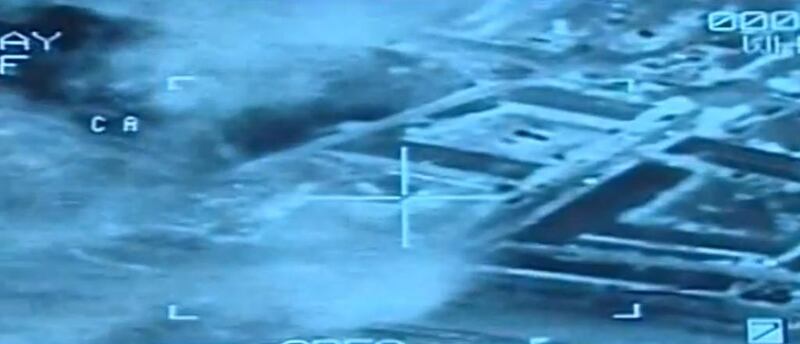For all the slickness of the videos produced by ISIL militants, the strategy behind their public relations has often been foolish. Even from the warped perspective of the group, it was a profound mistake to kill the Jordanian fighter pilot Maaz Al Kassasbeh in the brutal way they did. Instead of provoking fear from those Arab and western nations in the coalition against the group, it redoubled their conviction. Jordan immediately sent its fighter jets into the battle – with Jordanian public opinion firmly behind the military – and the UAE, earlier this week, continued its efforts, sending sophisticated F-16s to destroy oil refineries controlled by the group.
The same result was provoked by the mass beheading of Egyptian Christians in Libya by a group apparently affiliated with ISIL. The Coptic Christians had been kidnapped from various places across eastern Libya and, in a video using some of the same imagery as ISIL in Syria, they were brutally killed.
The response from Egypt was immediate. President Abdel Fattah El Sisi ordered air strikes on Derna in Libya. If these ISIL-linked militants expected to frighten those who ranged against them, they have made a profound mistake.
And yet while the killings of Coptic Christians has been a galvanising force, the situation in Libya needs cooperation at the highest level. It is far too complex to be resolved simply by air strikes and by Egypt alone.
Libya’s geographic position across the Mediterranean from Europe, and its use as a base for people smugglers; the complete destruction of any semblance of a Libyan state under Qaddafi and after the Nato-led attacks that finally toppled him, the fragmentation of Libya into several areas of control – all of these make a resolution to the Libya crisis much harder. They also make such a resolution more urgent. What happens in Libya today will very soon cross the sea into Europe.
The struggle for Libya, then, is not for Libyans or Egyptians alone. It will take coordination from the highest level – in particular, as Mr El Sisi said yesterday, from the United Nations – and help from the Gulf states with the United States and Europe. But it is essential if Libya is to avoid the fate of Syria and Iraq.





